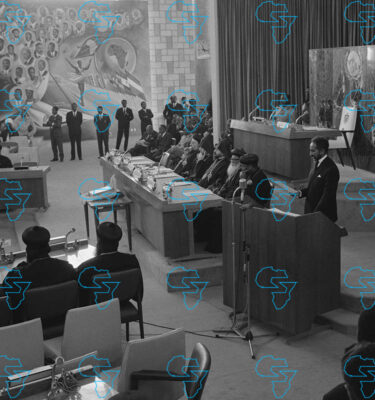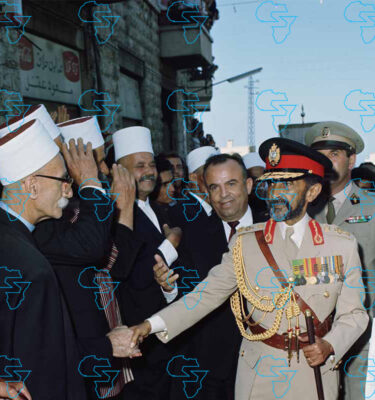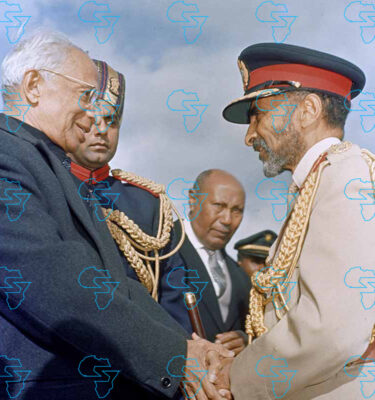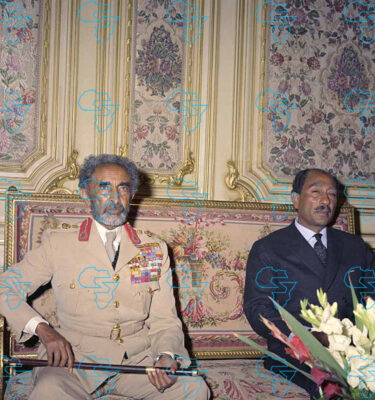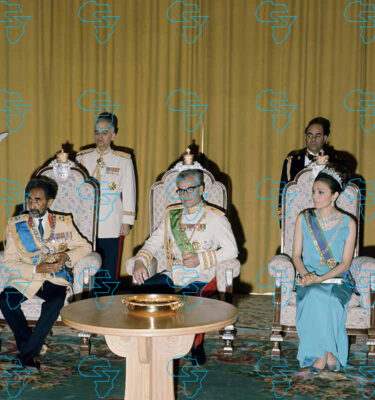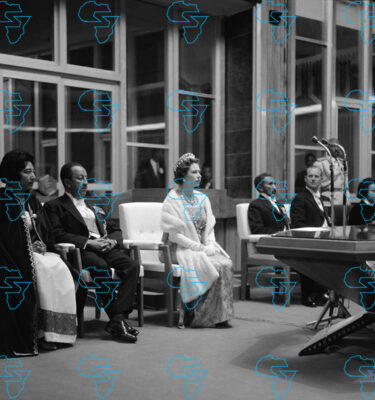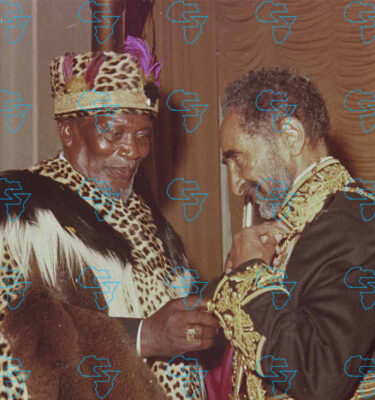Showing all 11 resultsSorted by price: low to high
Emperor Haile Selassie of Ethiopia, whose reign spanned from 1930 to 1974, left an indelible mark on his country and the world, showcasing a remarkable legacy of leadership and diplomacy. He played a pivotal role in the global stage as an advocate for African independence and unity during a time of colonialism and imperialism. One of his most notable achievements was his address to the League of Nations in 1936, eloquently denouncing Italy’s invasion of Ethiopia and calling for international solidarity. His unwavering commitment to self-determination and sovereignty not only inspired his own people but also garnered support from other nations in the struggle against colonial oppression. Additionally, Haile Selassie’s efforts to modernize Ethiopia led to advancements in education, infrastructure, and healthcare, further improving the lives of his subjects. His reign, known as the “Golden Age” in Ethiopian history, left a lasting legacy of independence, social progress, and diplomacy, making him a symbol of hope and inspiration for Ethiopians and the broader African continent.
-
Emperor Haile Selassie I of Ethiopia Addresses the Organisation of African Unity
Select options This product has multiple variants. The options may be chosen on the product page -
Emperor Haile Selassie I of Ethiopia and Sami Süleyman Gündoğdu Demirel
Select options This product has multiple variants. The options may be chosen on the product page -
HIM Haile Selassie I welcoming His Excellency Dr Sarvepalli Radhakrishnan, President of India
Select options This product has multiple variants. The options may be chosen on the product page -
Emperor Haile Selassie I of Ethiopia and President Muhammad Anwar al Sadat (Egypt)
Select options This product has multiple variants. The options may be chosen on the product page -
Emperor Haile Selassie I of Ethiopia and Mohammad Reza Shah Pahlavi (Iran)
Select options This product has multiple variants. The options may be chosen on the product page -
Emperor Haile Selassie I of Ethiopia and King Hussain of Jordan
Select options This product has multiple variants. The options may be chosen on the product page -
HIM Haile Selassie I, Queen Elizabeth II and Prince Philip
Select options This product has multiple variants. The options may be chosen on the product page -
Emperor Haile Selassie I of Ethiopia and Jomo Kenyatta (Kenya)
Select options This product has multiple variants. The options may be chosen on the product page -
HIM Haile Selassie I, His Excellency President Jomo Kenyatta of Kenya and his wife.
Select options This product has multiple variants. The options may be chosen on the product page -
Emperor Haile Selassie I of Ethiopia and President at the United Nations
Select options This product has multiple variants. The options may be chosen on the product page -
HIM Haile Selassie I and His Majesty King Hussein of Jordan
Select options This product has multiple variants. The options may be chosen on the product page

